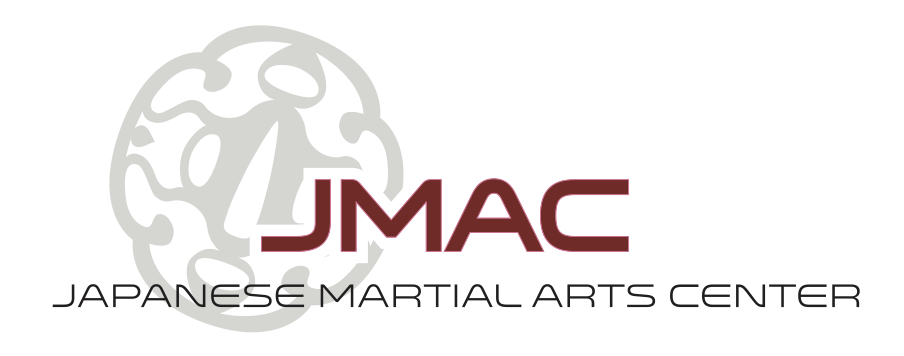Ann Arbor Karateka Warming Up
空手 means "empty hand". It was invented in Okinawa, formerly the Ryukyu Islands, under the influence of Chinese martial arts. It was brought to the Japanese mainland with the intent of creating a systematic combat style. Karate focuses on strikes, such as punching and kicking.
Karateka
空手家 means "a practitioner of karate". If you are a karate student, you are a karateka!
Kihon
基本 means "fundamentals". These basic moves serve as a foundation for the martial art. Examples include stances, blocks, strikes, kicks, and meditation. Mastering the basics indicates a readiness to participate in complex kata and sparring. This is similar to working on scales and rhythm patterns in music before playing in a symphony.
For the complete list, visit here.

2 comments:
Martial arts are not only a form of self defense, you are also learning about another culture in the process. Students Karate learn a few words in Japanese, enticing their interest to learn the language, or even learn more about the culture. Martial arts are good in that way, and should not be thought of as a means to learn how to fight, but as a means of self discipline, a sport for that matter.
Eric | http://www.brunswickmartialarts.com
So interesting. Thank you for sharing the background and meaning of those words!
Post a Comment